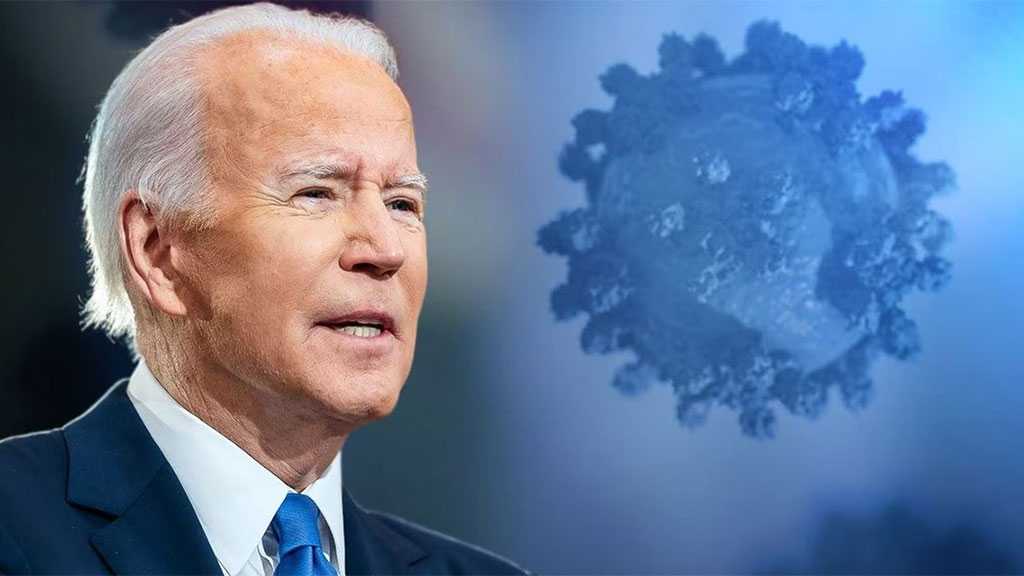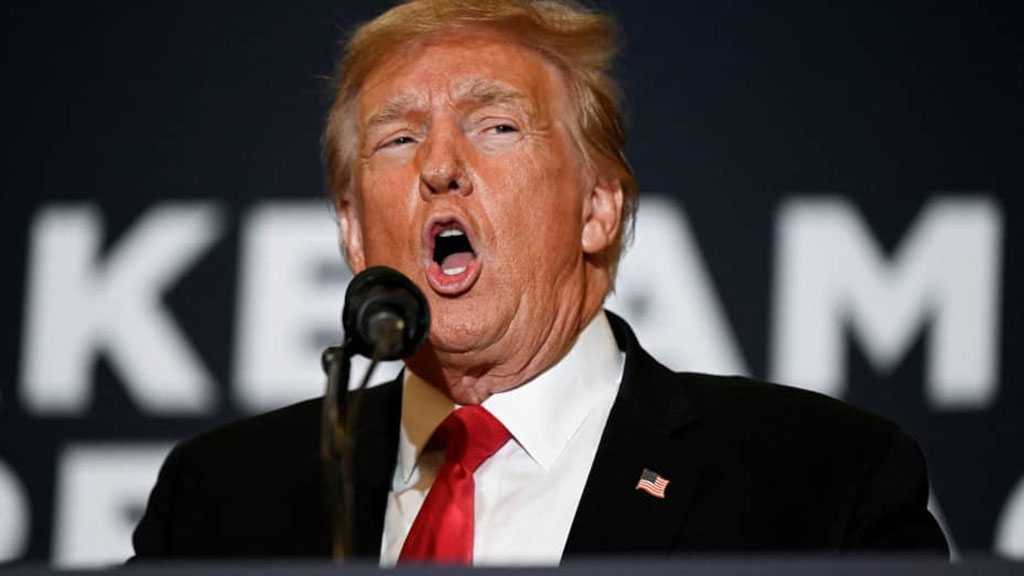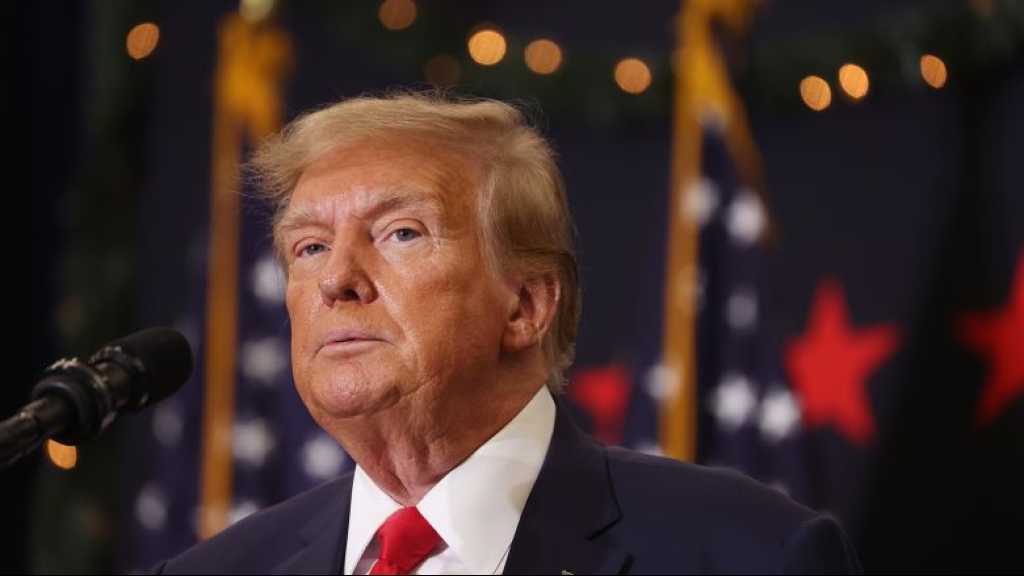
US to Announce End of National, Public Health Covid Emergencies in May

By Staff, Agencies
US President Joe Biden informed Congress on Monday that he will end the twin national emergencies for addressing Covid-19 on 11 May, as most of the world has returned closer to normalcy nearly three years after they were first declared.
The move to end the national emergency and public health emergency declarations would formally restructure the federal coronavirus response to treat the virus as an endemic threat to public health that can be managed through agencies’ normal authorities.
It comes as lawmakers have already ended elements of the emergencies that kept millions of Americans insured during the pandemic. Combined with the drawdown of most federal Covid-19 relief money, it would also shift the development of vaccines and treatments away from the direct management of the federal government.
Biden’s announcement comes in a statement opposing resolutions being brought to the floor this week by House Republicans to bring the emergency to an immediate end. House Republicans are also gearing up to launch investigations on the federal government’s response to Covid-19.
Then president Donald Trump first declared the Covid-19 pandemic a national emergency on 13 March 2020. The emergencies have been repeatedly extended by Biden since he took office in January 2021, and are set to expire in the coming months. The White House said Biden plans to extend them both briefly to end on 11 May.
Meanwhile, the costs of Covid-19 vaccines are expected to skyrocket once the government stops buying them, with Pfizer saying it will charge as much as $130 a dose. Only 15% of Americans have received the recommended, updated booster that has been offered since last fall.
Once the emergency expires, people with private insurance will have some out-of-pocket costs for vaccines, tests and treatment, while the uninsured will have to pay for those expenses in their entirety.
Legislators extended tele-health flexibilities that were introduced as Covid-19 hit, leading healthcare systems around the country to regularly deliver care by smartphone or computer.
The Biden administration had previously considered ending the emergency last year, but held off amid concerns about a potential “winter surge” in cases and to provide adequate time for providers, insurers and patients to prepare for its end.
More than 1.1 million people in the US have died from Covid-19 since 2020, according to the Centers for Disease Control and Prevention, including about 3,700 last week.
Comments
- Related News



